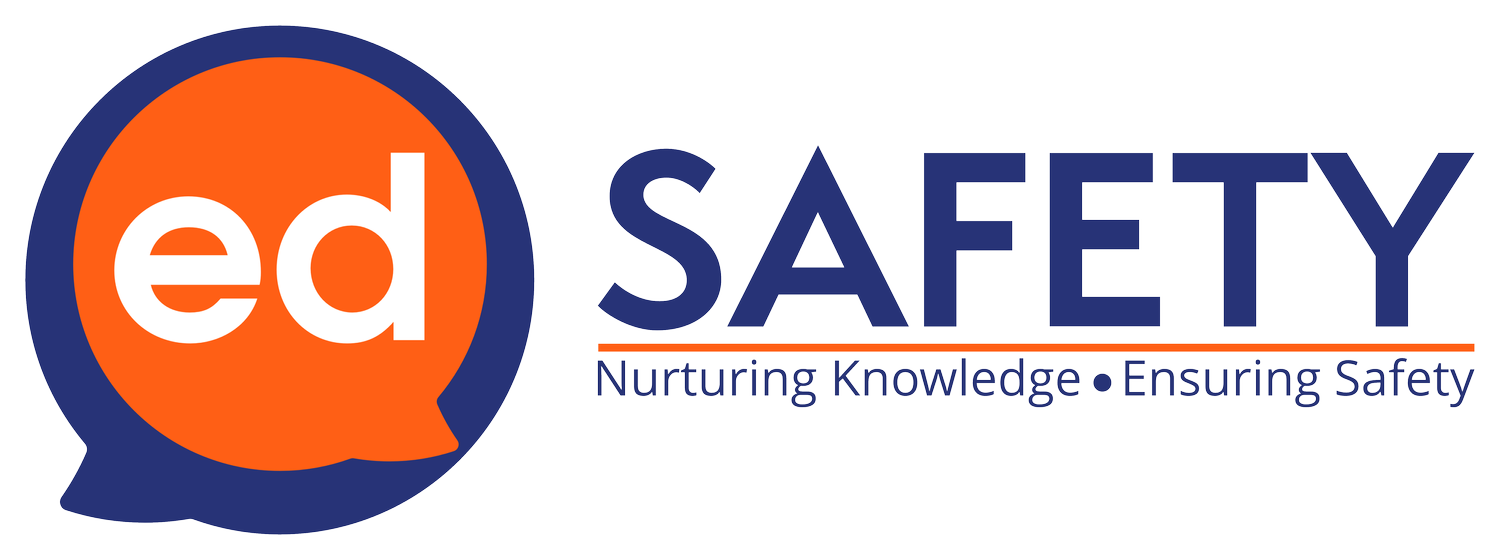Most trips and visits go ahead without incident, but the issue of safety is always front of mind for EVCs and Visit Leaders.
First Aid knowledge is vital for everyone, especially for adults taking children and young people on educational visits. It is the establishments’ responsibility to keep everyone safe on a visit, so being prepared and having staff members qualified to deliver first aid can ensure an successful trip for everyone.
Here at Strong Roots Training, we specialise in providing schools with first aid training. To help make sure you’re first aid covered on your educational visits, we’ve compiled this handy checklist.
Remember: any first aid courses your team takes need to cover what the individual would have to do in practice and be delivered by a suitable training provider.
There is also specific legislation that schools need to follow to ensure the safety of everyone attending the trip, as well as OEAP National Guidance – find out more at oeapng.info.
Be prepared for first aid
Complete an assessment to determine first aid provision on-site, off-site provision is an extension of this.
At least one adult who attends the trip must have knowledge of basic first aid and should be competent to use the first aid kit. (This will depend on the off-site activity or visit).
Early Years Foundation Stage visits need to have at least one adult who holds a current paediatric first aid qualification.
In remote supervision situations – such as a Duke of Edinburgh Award expedition – the supervisor should ensure the group is able to contact qualified first aid support and have the appropriate level of competence and first aid materials to look after themselves until help arrives.
Emergency medication must be considered in the planning of any trip. For example, for a child who has been prescribed adrenaline auto-injectors for anaphylaxis, two of these should be taken on a visit; for a child that has asthma, an inhaler should be taken.
Keep a record. All first aid given should be recorded and reported following the schools’ reporting requirements, including any accident and incident forms complying with RIDDOR regulations. Systems like EVOLVE Accident Book make this process easier and more robust.
To access the article or The EVC Magazine please visit https://read.theevcmagazine.online/app/EVO777
For more information on our First Aid for Educational Visits Course please go to https://www.strongrootstraining.com/first-aid-for-educational-visits


